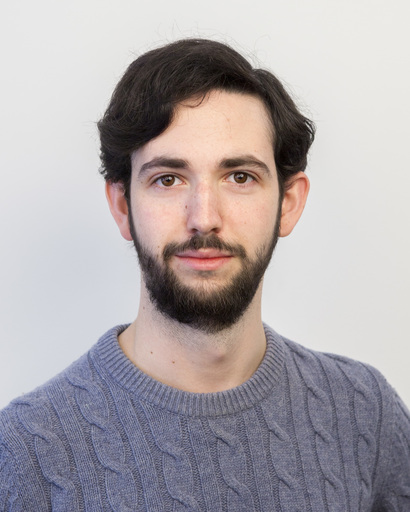Sebastian Farquhar

I am a Senior Research Scientist at Google DeepMind working towards Artificial General Intelligence (AGI) alignment on the AGI Safety and Alignment Team.
Although AGI would be a transformative technology, some of those transformations could be catastrophically bad.1 My main professional goal is to reduce the expected harm of catastrophically bad outcomes from AGI.
I am also an associate member Senior Research Fellow at OATML Oxford at the University of Oxford working with Yarin Gal.
My email address is the first three characters of my first and last names hosted by gmail.com.
Current research topics
- Designing improved algorithms for aligned agents built from LLMs;
- Understanding the ways in which partial alignment could be sufficient to avoid catastrophic outcomes;
- Using tools from probabilistic machine learning to build robust pipelines with large language models.
Past research topics
- Approximate inference for Bayesian neural networks;
- Active testing and evaluation;
- Active learning;
- Continual learning;
- Distribution shift.
ML community service
I am the founding organizer of the Symposium for AGI Safety 2022 and 2023. I co-organised the Bayesian Deep Learning Workshop at NeurIPS in 2020 and 2021. I co-organized the Approximate Inference in Bayesian Deep Learning Competition at NeurIPS in 2021.
Students
I enjoy supervising students but I am no longer looking for further external collaborations.
Reviewing
One of the best ways to learn to write better is to review other people’s work. I am also grateful for the detailed feedback I have received from reviewers. Although peer review can receive a lot of criticism I think it is a wonderful thing and that we researchers don’t know how good we’ve got it.
I have served as a reviewer or senior reviewer, receiving four awards for high quality reviews, for:
- Nature
- Journal of Machine Learning Research
- International Journal of Computer Vision
- Neural Information Processing Systems
- International Conference on Machine Learning
- International Conference on Learning Representations
- Conference on Lifelong Learning Agents
- American Association for Artificial Intelligence.
Keynotes
I enjoy speaking for academic and non-academic audiences and am especially happy to speak about challenges for alignment and safety with large language models where time constraints permit. Recent keynotes include:
- Keynote on Responsibly Using LLMs with Unpredictable Generalization at the IJCA Symposium on Large Language Models 2023
- Keynote on Responsibly Using LLMs with Unpredictable Generalizaton at the Alan Turing Institute’s Uncertainty Quantification for Generative Models Workshop
Professional experience
Before entering the field of machine learning, I led the Global Priorities Project – a joint project of the Centre for Effective Altruism and the Future of Humanity Institute at the University of Oxford – which connected research from the University with the realities that policy-makers face in order to offer evidence-based non-partisan policy proposals. GPP focused on technological risk management and frameworks that encourage evidence-based policy-making.
I was Acting Executive Director of the Centre for Effective Altruism in 2015 – which worked to use evidence and analysis to make the world a better place, and hosted Giving What We Can, 80,000 Hours and the Global Priorities Project in addition to building a community of effective altruists.
At McKinsey, I developed strategy for leading European public sector providers of services in health and social care, and helped to implement large-scale change programmes in local areas serving more than 2 million people.
Before McKinsey, in 2012, I spent a year volunteering full-time to help set up 80,000 Hours – a social enterprise which helps people have a meaningful ethical career. As part of that, I wrote the first ever attempt to define “effective altruism”.
-
For example, the extinction of all organic life. ↩